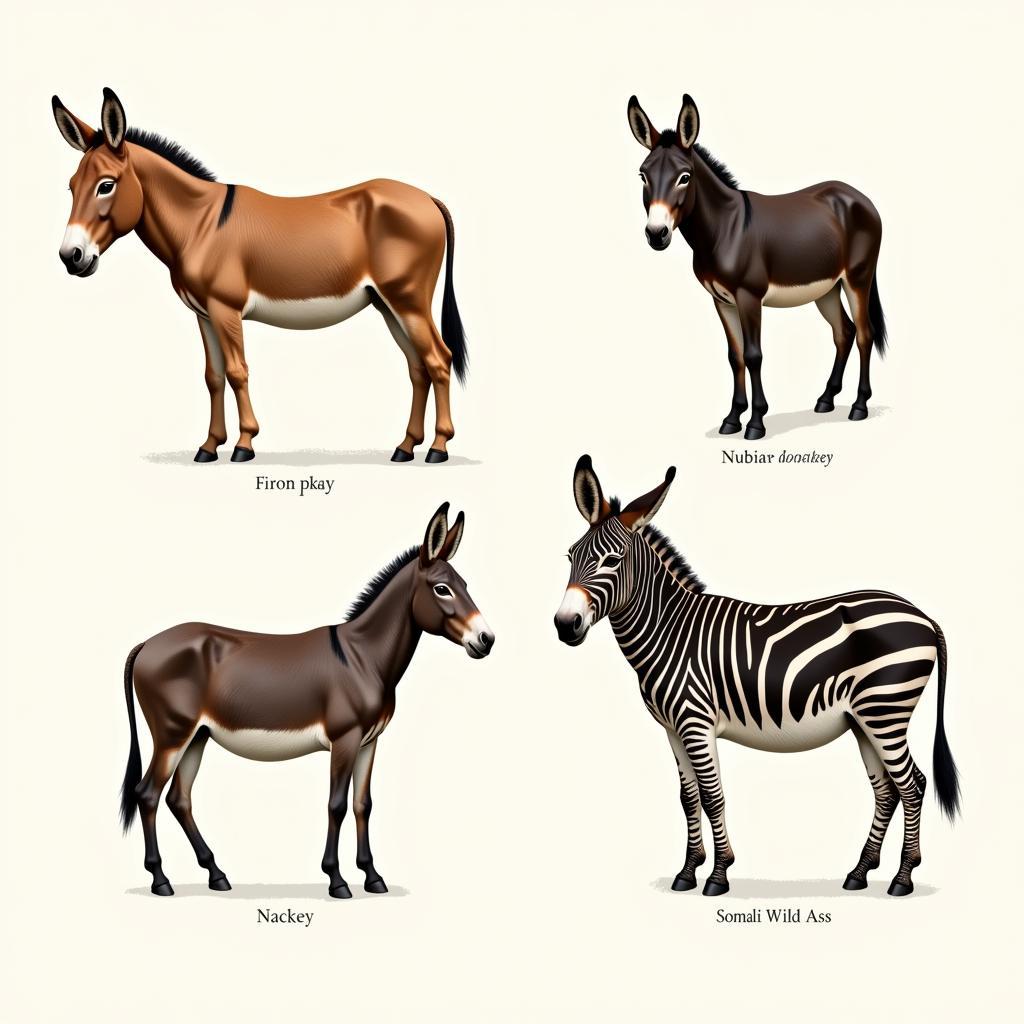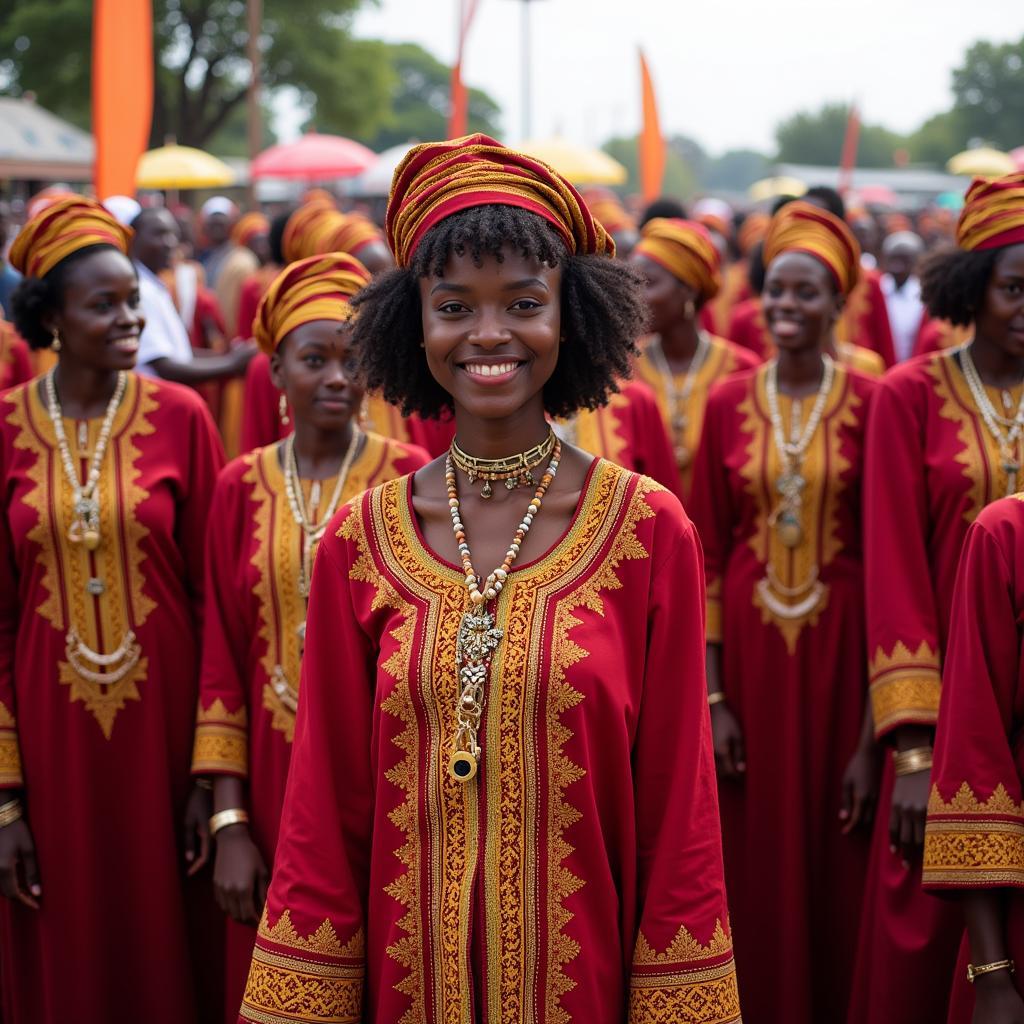Understanding the Complexities of Prostitution Rates in Africa
The search for the “African country with the highest prostitution rate” often stems from curiosity or a desire to understand social dynamics. However, it’s crucial to approach this topic with sensitivity and acknowledge the complexities surrounding it. Attributing a “highest rate” to any African nation is misleading and oversimplifies a multifaceted issue influenced by poverty, lack of opportunities, and societal inequalities.
The Challenges of Measuring Prostitution in Africa
Attributing definitive prostitution rates to specific African countries is difficult, and often inaccurate, for several key reasons:
- Lack of Reliable Data: Prostitution is often illegal and stigmatized, making accurate data collection nearly impossible.
- Definitions Vary: What constitutes “prostitution” can differ significantly across cultures and legal systems.
- Underground Nature: Much of the sex trade operates clandestinely, making it difficult to track or quantify.
Factors Contributing to Vulnerability
It’s more constructive to focus on the underlying factors that make individuals vulnerable to exploitation in the sex trade:
Poverty and Limited Economic Opportunities:
In many parts of Africa, poverty is a driving factor. Women and girls may engage in transactional sex as a means of survival for themselves or their families.
Gender Inequality and Lack of Education:
Limited access to education and economic empowerment can trap women in cycles of poverty, making them more susceptible to exploitation.
Displacement and Conflict:
Conflict and displacement often lead to increased vulnerability, as people are forced to flee their homes and traditional support systems.
Addressing the Root Causes
Instead of seeking simplistic answers, it’s essential to address the systemic issues that create an environment where exploitation can thrive. This includes:
- Investing in Education and Economic Empowerment: Providing girls and women with education and skills training is crucial for breaking cycles of poverty and dependence.
- Promoting Gender Equality: Challenging discriminatory norms and empowering women to make choices about their lives and bodies is essential.
- Supporting Vulnerable Communities: Providing social safety nets and economic opportunities can help lift individuals out of poverty and reduce their vulnerability.
A Holistic Approach is Needed
Attributing a “highest rate” to any African country is not only inaccurate but also perpetuates harmful stereotypes. We must move beyond simplistic rankings and engage in a nuanced conversation that considers the multifaceted realities of prostitution in Africa. By understanding the root causes and supporting comprehensive solutions, we can contribute to a safer and more equitable future for all individuals.
FAQs about Prostitution in Africa
1. Is prostitution legal in any African countries?
Prostitution laws vary widely across Africa. Some countries have legalized certain aspects of sex work, while others have strict criminal penalties.
2. What are some organizations working to combat sex trafficking in Africa?
Numerous local and international organizations are working tirelessly to address this issue. Examples include [mention a few specific organizations and their work].
3. How can I contribute to efforts to help women and girls vulnerable to exploitation?
There are many ways to make a difference, such as supporting organizations working on the ground, raising awareness in your community, and advocating for policy changes.
For more information about the social and cultural landscape of Africa, please explore other articles on our website.

